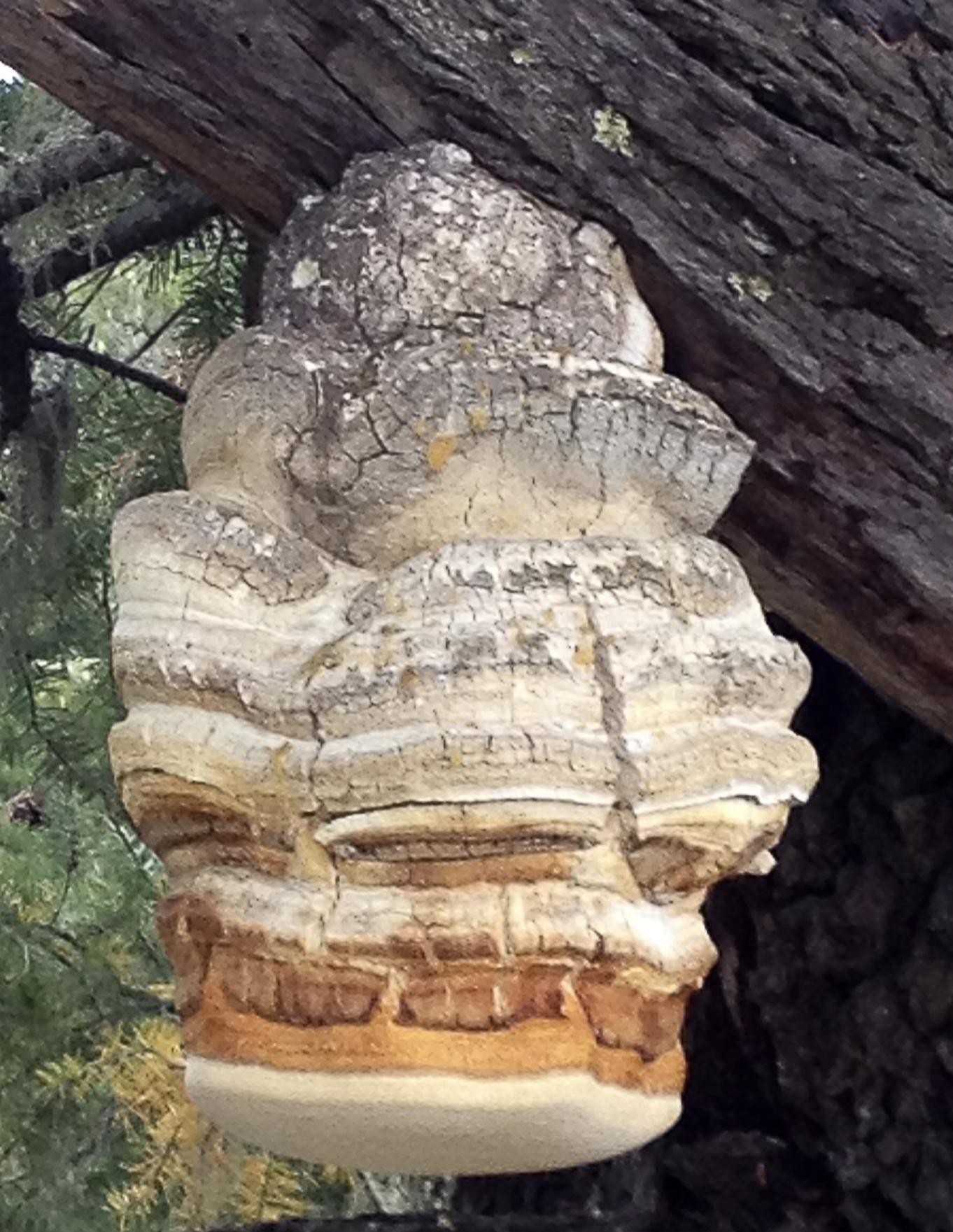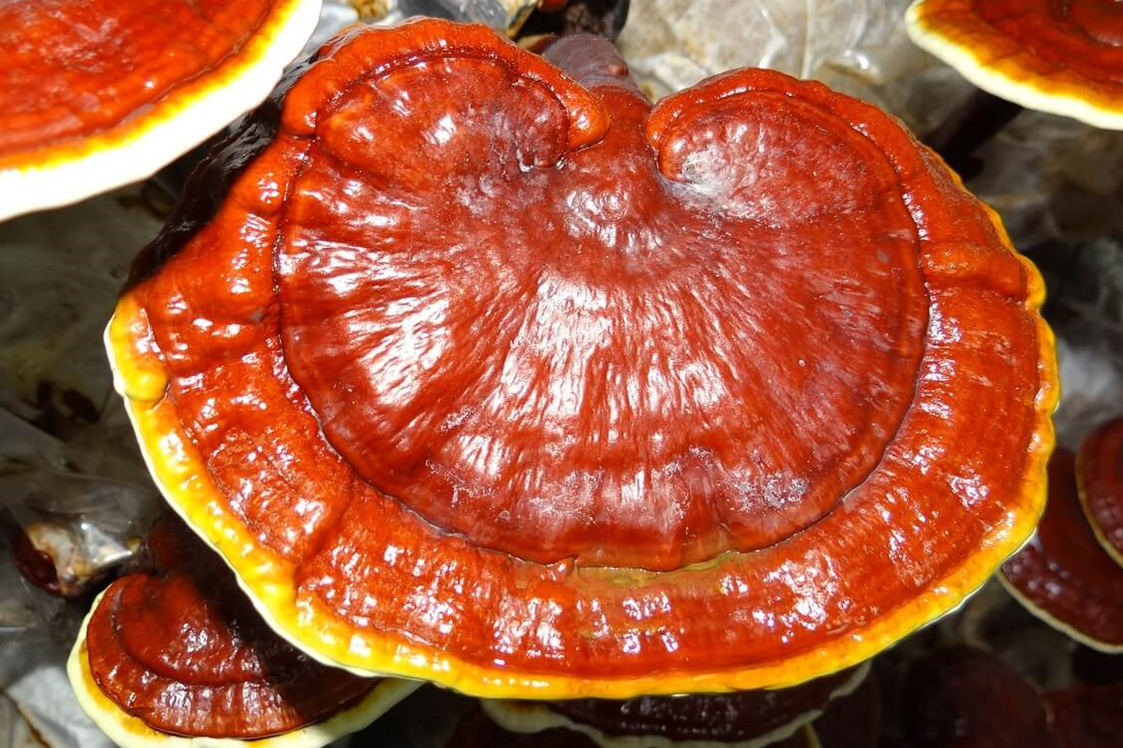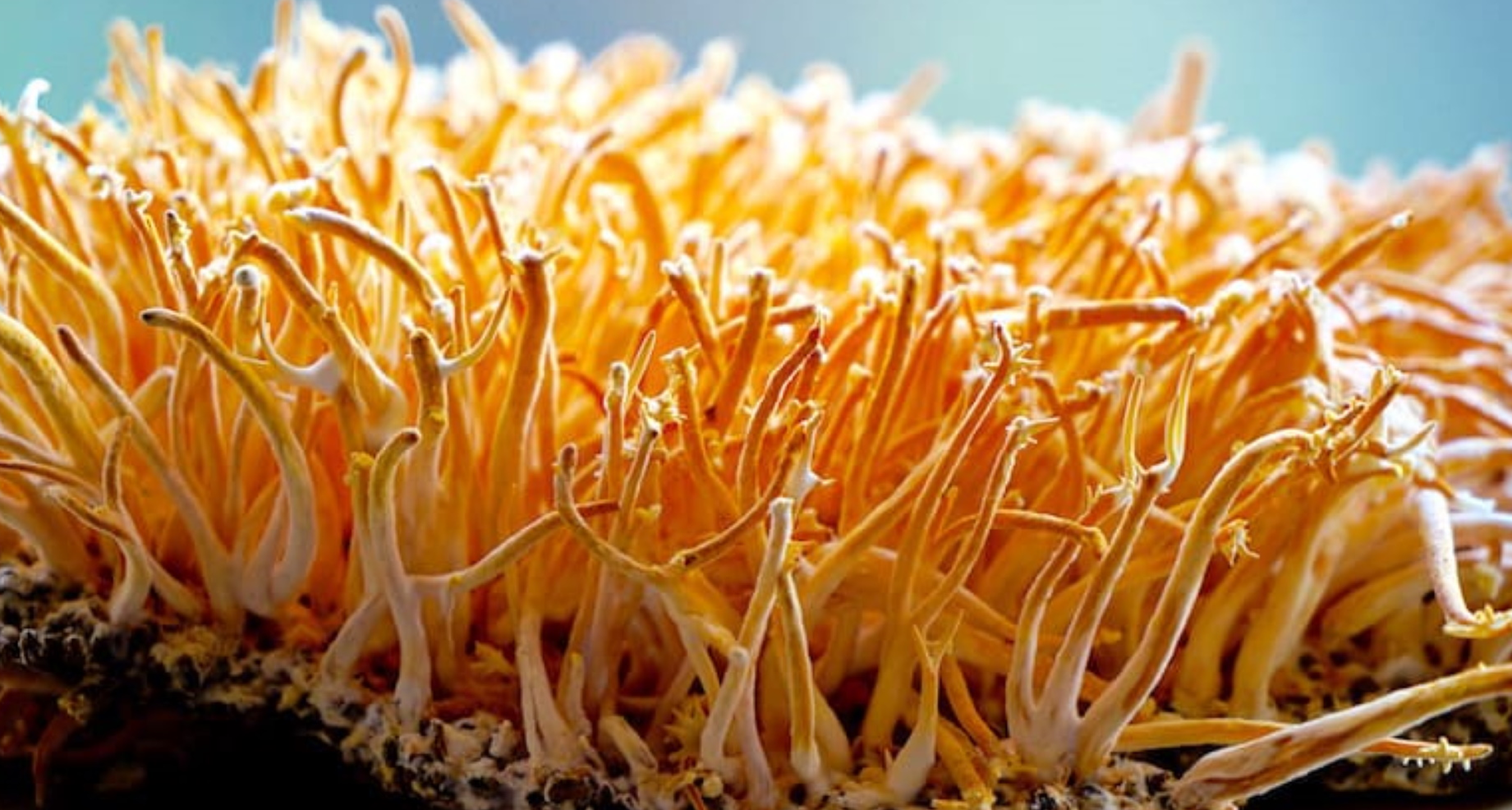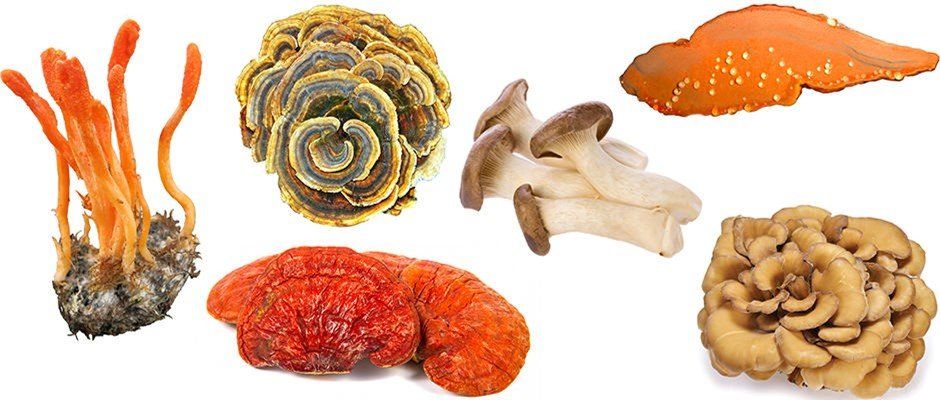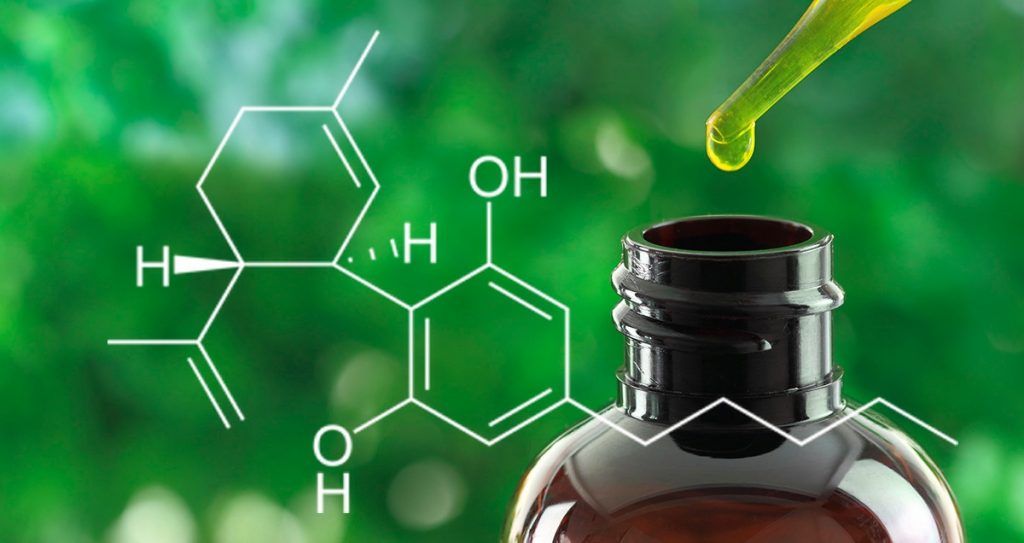CBD & Guillain Barre
Take your life back from this rare disorder
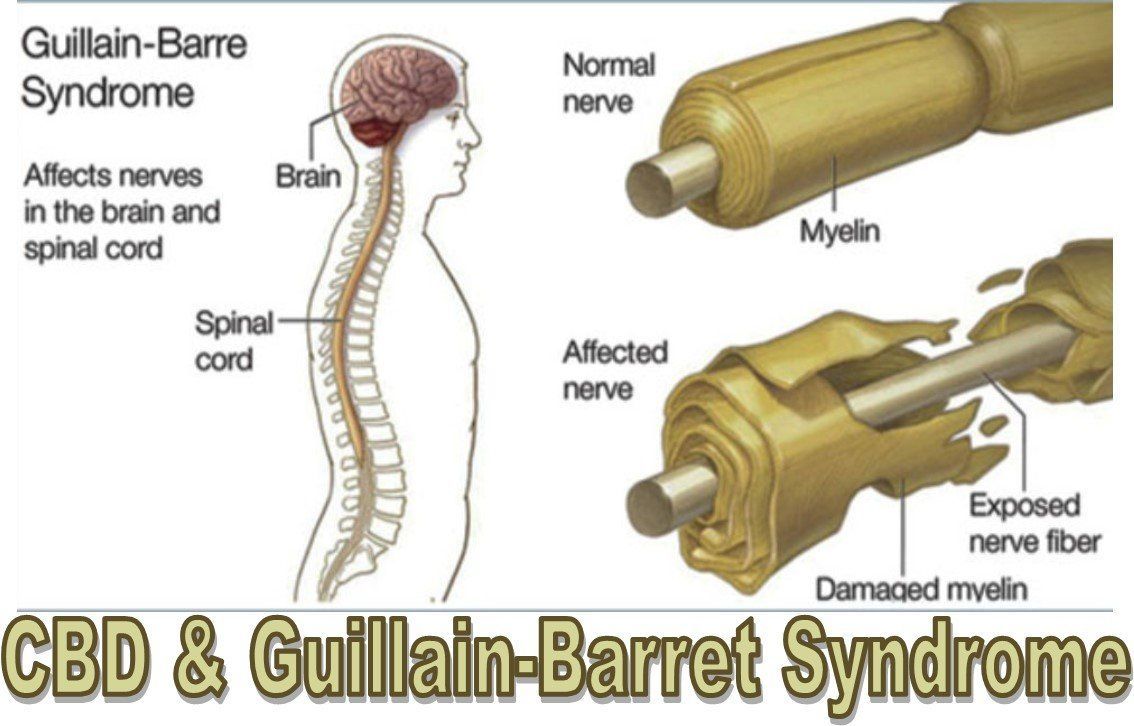
Guillain-Barre Syndrome (GBS) is defined by NCBI (National Center for Biotechnology Information) as post-infectious, immune-mediated neuropathies. According to the CDC (Centers for Disease Control), an estimated 3,000 to 6,000 people develop GBS each year.
What is Guillain-Barre Syndrome?
Guillain-Barre Syndrome is a very rare disorder that causes the immune system to attack parts of the network of nerves outside the spinal cord and brain called the peripheral nervous system. This syndrome can strike anyone at any age, but is more common in adults and the elderly. We have a complex network of nerves throughout our bodies that carry signals to and from the brain. Just like in electrical wiring, there is a protective covering or sheath called the myelin. This protective covering is what protects & speeds up the electrical signals, allowing them to travel over long distances. As this insulation breaks down, the nerve experiences trauma, the signals are interrupted and do not do their job as they should be. The muscles are no longer receiving a clear signal and are unable to respond to the commands the brain is giving them. In most cases, these symptoms are symmetrical (occurring on both sides of the body).
Another widely reported symptom in advancing cases of Guillain-Barre syndrome is sensation changes. This is due to the damaged nerves sending the wrong signals to the brain. Symptoms can range from pain, tingling, and shock sensations; to the feeling of "bugs" crawling around under the skin.
What causes Guillain-Barre Syndrome?
Guillain-Barre Syndrome was discovered over a century ago, but scientists are still uncertain of the exact cause or why some people are affected and not others. It is thought that, at least in some cases, that the attack is brought on by the body fighting infection, and some of the chemicals on the bacteria or virus are biologically similar to those on the nerves. In some people, this causes the immune system to attack and damage these nerves. Another school of thought theorizes that the infecting virus or bacteria changes the chemical structure of some nerves causing the immune system to mistakenly attack it.
What are the symptoms of Guillain-Barre Syndrome?
Guillain-Barre typically presents as unexplained sensations in the extremities. Many people report tingling or stinging sensations in the hands and feet. Children will sometimes have trouble walking or refuse to walk. These symptoms are usually the beginning symptoms and many times will disappear as the longer term, more serious symptoms begin to present and take their place. Symptoms begin to spread and worsen, presenting as weakness that moves up the extremities and sometimes to the face. This is evidence of worsening nerve damage. These worsening symptoms tend to occur quickly, generally in the first couple of weeks after onset. Weakness is most often at its peak after the first 2 weeks. There are other tell tale symptoms that spring up during the weeks after onset, these include:
- Moderate to severe pain that worsens at night
- Trouble with coordination and/or staying steady on your feet
- Persistent eye twitching and/or vision problems
- Digestive problems and/or bladder control issues
- Difficulty speaking, chewing, and swallowing
- Blood pressure changes and abnormal heart rate
What are traditional treatments for Guillain-Barre Syndrome?
Guillain-Barre is typically treated with plasmapheresis and/or immunoglobulin therapy which can help reduce the severity of the illness and even speed recovery. Other treatments can include immunosuppressive drug therapies.
Plasmapheresis : This is a treatment where the liquid part of your blood (called plasma) is separated from the blood cells to remove the antibodies that are attacking healthy cells in the body. The blood cells are then returned to your body so they can manufacture more plasma. This process is used for many autoimmune disorders to help slow the damage of the immune cells attacking healthy cells.
Immunoglobulin Therapy (IVIg) : IVIg is used to strengthen the immune system. Immunoglobulin is taken from the blood of healthy donors, screened, purified and given intravenously to hemodynamically compromised patients. It is often used in the treatment of Guillain-Barre.
How can CBD help with Guillain-Barre Syndrome?
As we discussed earlier, there are many symptoms associated with Guillain-Barre. Pain, inflammation, sensation changes, muscle spasms, etc. can be debilitating. CBD has been talked about for years for it's neuroprotective properties, in fact the US government took out a patent on CBD in 1996! You can also find many videos of CBD being given for Parkinson's & epilepsy and watch it diminish symptoms in seconds. The most widely talked about benefit from CBD for Guillain-Barre when you ask the patients is relief from pain and inflammation from the damaged nerves and muscle reactions.
CBD stimulates your Endocannabinoid System , which is a group of receptors found on nearly every cell type in the human body. These receptors are responsible for dispatching signals to all body systems to promote and sustain homeostasis. CBD activates the receptors to lower the sensitizers within the damaged cells. This can help in a couple of different ways;
- Help to stabilize the nerve and keep it from excessive firing of pain signals
- Help reduce existing inflammation in nerve cell and surrounding tissues
- Help to relax immune responders in surrounding areas, preventing the discharge of inflammatory chemicals
Bottom line is that your Endocannabinoid System is an amazing thing and is always working to maintain balance in your entire body, and keeping this system healthy is key to maintaining homeostasis.



